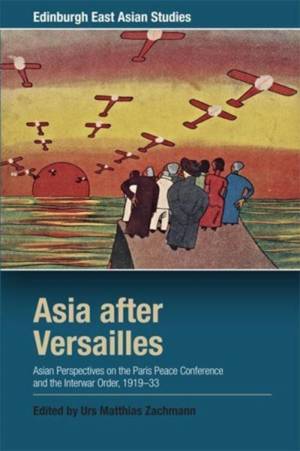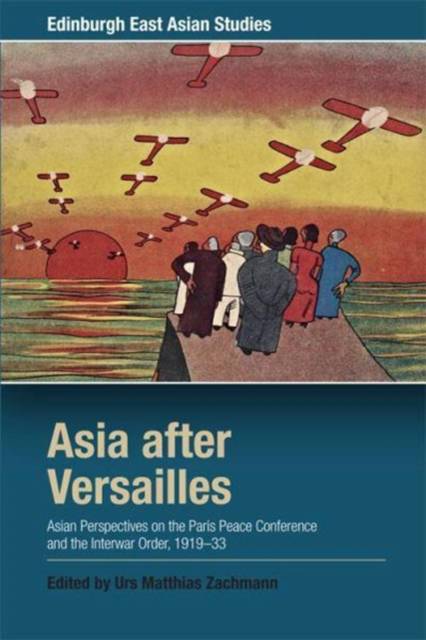
- Retrait gratuit dans votre magasin Club
- 7.000.000 titres dans notre catalogue
- Payer en toute sécurité
- Toujours un magasin près de chez vous
- Retrait gratuit dans votre magasin Club
- 7.000.0000 titres dans notre catalogue
- Payer en toute sécurité
- Toujours un magasin près de chez vous
Asia After Versailles
Asian Perspectives on the Paris Peace Conference and the Interwar Order, 1919-33
Description
Asia After Versailles addresses an important but neglected watershed for Asian nations - the response to the Paris Peace Conference of 1919. The Conference marked the end of a conflict which, although intrinsically European, had globalized the world on many levels, politically as well as economically, culturally and socially. It also stood at the beginning of a new order that saw the power centre shift towards the US and Asia. Asian countries and people played a significant but so far largely neglected role in this momentous development. Bringing together an international range of experts in the history of China, Japan, India and the Ottoman Empire/Turkey, this pioneering volume demonstrates the importance of Asia in the multifaceted global transformations that revolved around the Paris Peace Conference and its aftermath.
Traditional historical analysis focuses almost exclusively on US and European responses to the Paris Peace Conference and the interwar order and often fails to take into account non-western, particularly Asian voices - this is the first book to demonstrate the far-reaching Asian dimensions of the impact of Versailles in an unprecedented way making this an invaluable and interdisciplinary resource for academics and researchers in the fields of politics, international relations, area studies and history.
Spécifications
Parties prenantes
- Editeur:
Contenu
- Nombre de pages :
- 256
- Langue:
- Anglais
- Collection :
Caractéristiques
- EAN:
- 9781474417167
- Date de parution :
- 22-05-17
- Format:
- Livre relié
- Format numérique:
- Genaaid
- Dimensions :
- 157 mm x 236 mm
- Poids :
- 544 g

Les avis
Nous publions uniquement les avis qui respectent les conditions requises. Consultez nos conditions pour les avis.





